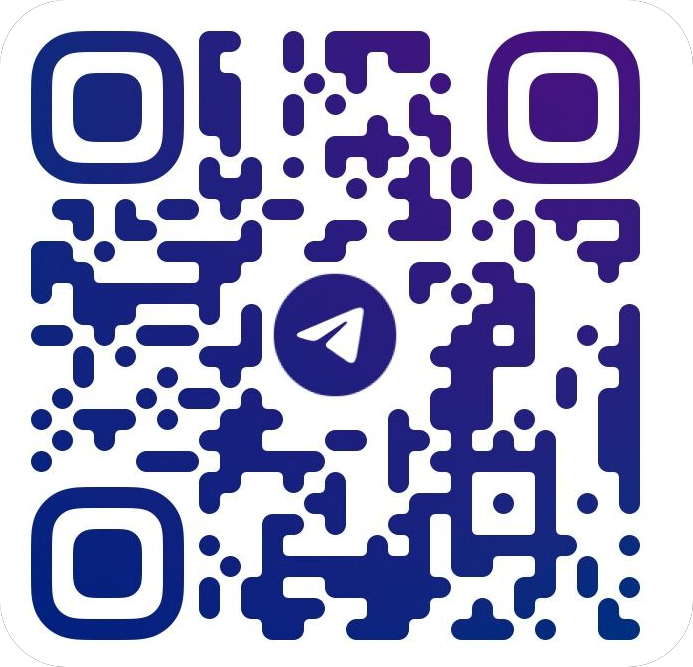微信小程序中Redux怎么绑定
这篇“微信小程序中Redux怎么绑定”文章的知识点大部分人都不太理解,所以小编给大家总结了以下内容,内容详细,步骤清晰,具有一定的借鉴价值,希望大家阅读完这篇文章能有所收获,下面我们一起来看看这篇“微信小程序中Redux怎么绑定”文章吧。
安装
clone或者下载代码库到本地:
git clone https://github.com/charleyw/wechat-weapp-redux
将dist/wechat-weapp-redux.js(或者拷贝minify的也可以)文件直接拷贝到小程序的工程中,例如(下面假设我们把第三方包都安装在libs目录下):
cd wechat-weapp-redux cp -r dist/wechat-weapp-redux.js <小程序根目录>/libs
上面的命令将包拷贝到小程序的libs目录下
使用
1.将Redux Store绑定到App上。
const store = createStore(reducer) // redux store
const WeAppRedux = require('./libs/wechat-weapp-redux/index.js');
const {Provider} = WeAppRedux;
Provider是用来把Redux的store绑定到App上。
App(Provider(store)({
onLaunch: function () {
console.log("onLaunch")
}
}))
provider的实现只是简单的将store加到App这个global对象上,方便在页面中用getApp取出来
上面这段代码等同于:
App({
onLaunch: function() {
console.log( "onLaunch" )
},
store: store
})
2.在页面的定义上使用connect,绑定redux store到页面上。
const pageConfig = {
data: {
},
...
}
页面的定义
const mapStateToData = state => ({
todos: state.todos,
visibilityFilter: state.visibilityFilter
})
定义要映射哪些state到页面
const mapDispatchToPage = dispatch => ({
setVisibilityFilter: filter => dispatch(setVisibilityFilter(filter)),
toggleTodo: id => dispatch(toggleTodo(id)),
addTodo: text => dispatch(addTodo(text)),
})
定义要映射哪些方法到页面
const nextPageConfig = connect(mapStateToData, mapDispatchToPage)(pageConfig)
使用connect将上述定义添加到pageConfig中。
Page(nextPageConfig);
注册小程序的页面
3.说明
完成上述两步之后,你就可以在this.data中访问你在mapStateToData定义的数据了。
mapDispatchToPage定义的action会被映射到this对象上。
以上就是关于“微信小程序中Redux怎么绑定”这篇文章的内容,相信大家都有了一定的了解,希望小编分享的内容对大家有帮助,若想了解更多相关的知识内容,请关注蜗牛博客行业资讯频道。
免责声明:本站发布的内容(图片、视频和文字)以原创、转载和分享为主,文章观点不代表本网站立场,如果涉及侵权请联系站长邮箱:niceseo99@gmail.com进行举报,并提供相关证据,一经查实,将立刻删除涉嫌侵权内容。版权声明:如无特殊标注,文章均为本站原创,转载时请以链接形式注明文章出处。
















评论